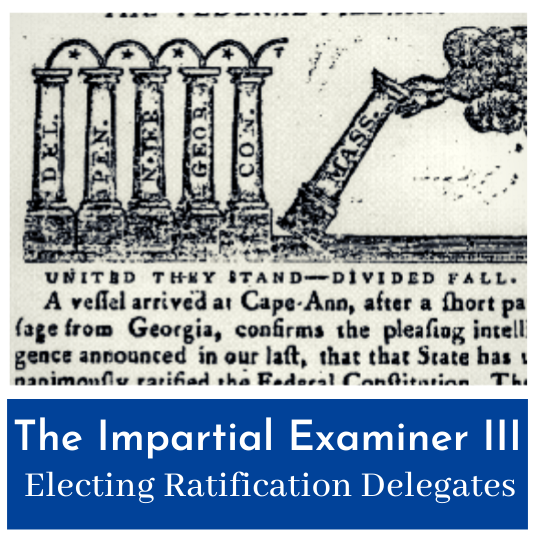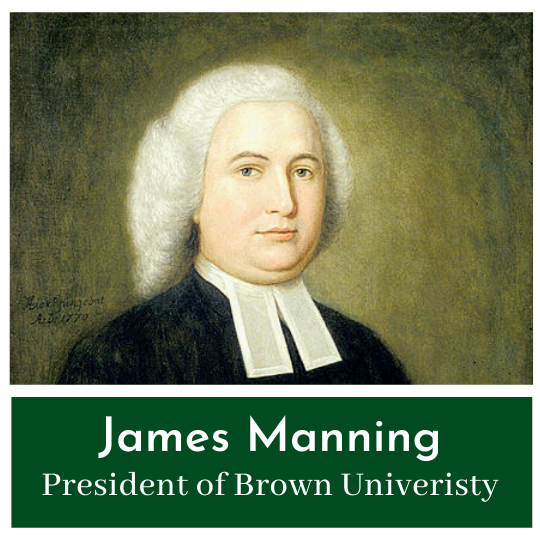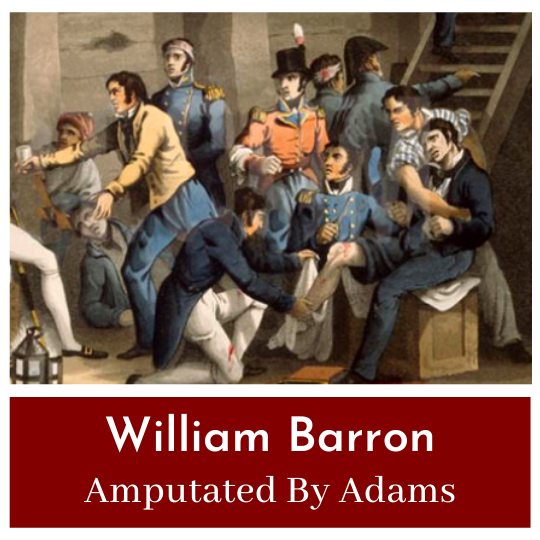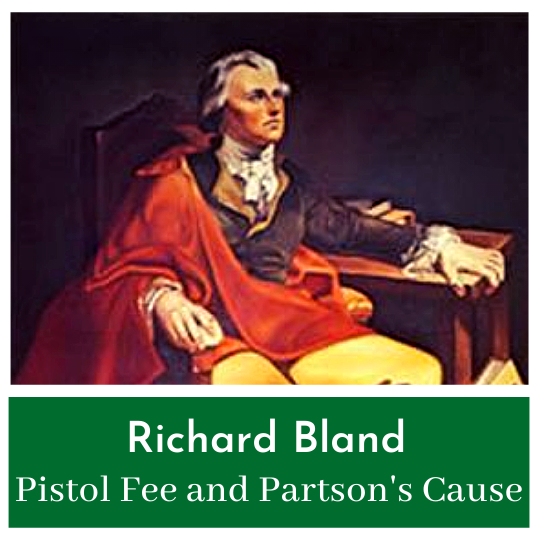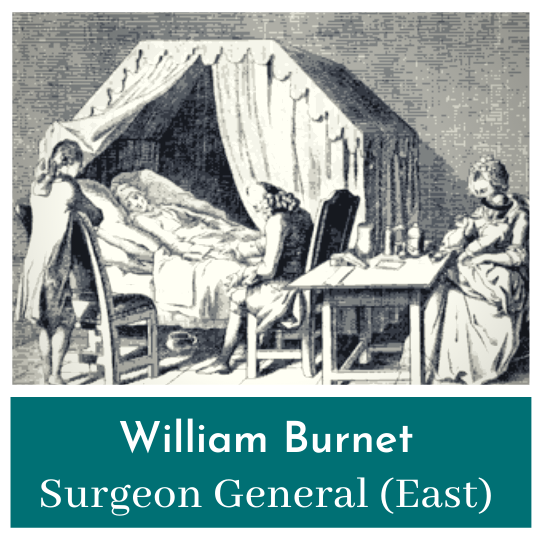Elisha Perkins’ metallic tractor was essentially snake oil, but he made a fortune with it during the Washington Administration.
Steam Power at the Constitutional Convention - John Fitch's Perseverance
John Fitch was an inventor who demonstrated his steam boat in front of the Constitutional Convention Delegates.
Former Chancellor John Lansing Vanishes
John Lansing walked out of the Constitutional Convention because he believed it’s members were exceeding their power.
Richard Howly Escapes with the State Archives
Richard Howly was Governor and Chief Justice of Georgia
The Impartial Examiner III - Electing Ratification Delegates
In Impartial Examiner III the anonymous Anti-Federalist author implores the people of Virginia to take the ratification of the US Constitution very seriously.
James Manning, Brown University and The French Army
James Manning was the first President of Brown University.
Stephen Decatur - The Conqueror of the Barbary Pirates
Stephen Decatur was one of the most important Commodores in the history of the United States.
The Man John Adams Helped Amputate - William Barron
William Barron was a Lieutenant on the ship which was carrying John Adams to France when a mishap put them both in an uncomfortable situation.
Woodbury Langdon Gets Detained in New York City
Often cast in the shadow of his younger brother, John, Woodbury Langdon participated in the early development in the State of New Hampshire.
Getting Money Back - John Brown Cutting and the Prince of Luxembourg
John Brown Cutting was an important, if unofficial, figure in Early American diplomacy.
John Haring and The Orangetown Resolutions
After authoring the Orangetown Resolutions, Haring was a Delegate to the First Continental Congress.
Samuel Livermore Recommends Vermont Statehood
Samuel Livermore was an inaugural member of the US House of Representatives who had spent time as the Continental Congress’ Grand Committee chairman.
William Williams Supports A Religious Test
William Williams was a signer of the Declaration of Independence.
Messrs. Alsop & Company - The Secret Committee's Fake Business
John Alsop was at the head of the fake company which covertly purchased supplies for the Continental Army.
Joseph Jones and the Letter that Saved America
Joseph Jones wrote one of the most important letters in American history, though the influence was not because of the content but rather a certain Commander-in-Chief's inability to read it.
Edmund Pendleton and the Scandal That Started a Revolution
Edmund Pendleton was a Virginian Revolutionary, but his most notable moment was his involvement in a scandal that almost bankrupted his colony.
Thomas Burke Escapes A British Prison Camp
Burke spent time as a Continental Congressman, saw military action, and was voted into office as the Third Governor of North Carolina.
The Impartial Examiner II - Competing Interests
In Impartial Examiner’s second essay, the Anti-Federalist author outlines several of the major points against ratification of the Constitution.
Richard Bland and the Early Days of American Rebelliousness
Richard Bland was arguing against unfair British taxes long before most of the other Founders came of age.
William Burnet Heals Continental Veterans
William Burnet was a physician who dedicated a substantial amount of his money and time to build a hospital for Continental Army veterans.




